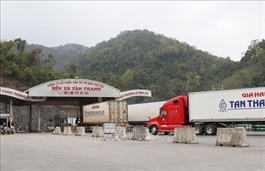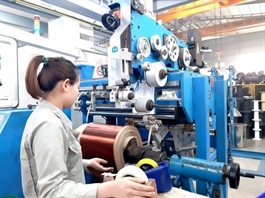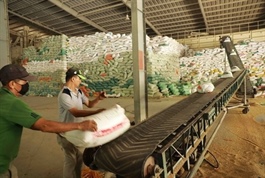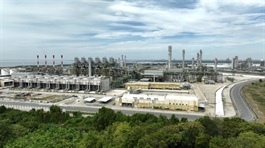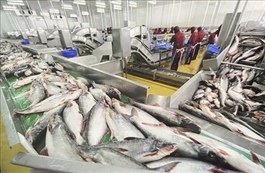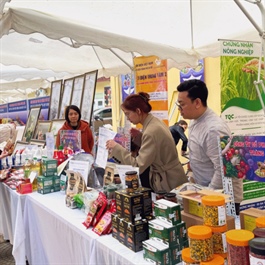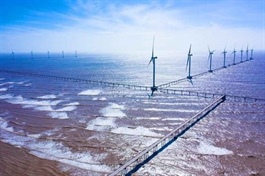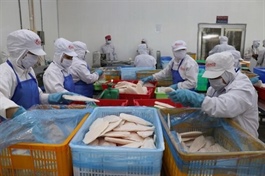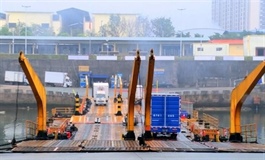Optimistic signs seen in exports of garment-textile sector
Optimistic signs seen in exports of garment-textile sector
Enjoying a rise in orders, the garment and textile sector is optimistic about the completion of its target of earning US$44 billion in export revenue set for this year.
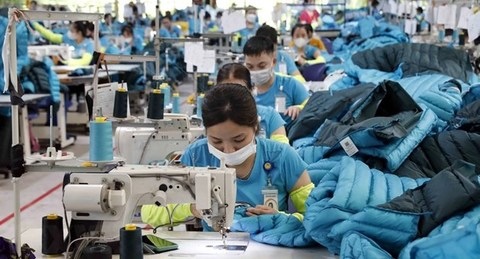
Garment and textile sector is optimistic about the completion of its target of earning $44 billion in export revenue set for this year. — Illustrative photo |
Currently, the majority of businesses in the industry reported that they have received orders for production until May.
The Garment 10 Corporation JSC said that along with orders until May, the firm is negotiating for orders for following months to fulfil the target of VNĐ4.5 trillion in revenue and VNĐ130 billion in profit for this year.
Meanwhile, General Director of the Vietnam National Textile and Garment Group (Vinatex) Cao Hữu Hiếu said that this year, his firm aims to earn VNĐ17.53 trillion in revenue, up 3% over 2023, with profit rising 10% to VNĐ415 billion.
This year, the world economy is projected to see slow growth with a GDP expansion of 2.9%, while total demand for garment and textile products is predicted to reach $714 billion, a slight rise over 2023 but still below that of 2022.
Chairman of the Board of Directors of Vinatex Lê Tiến Trường held that the market will continue to experience uncertainty depending on developments in major markets of the US, EU, China and Japan.
Chairman of the Vietnam Textile and Apparel Association (VITAS) Vũ Đức Giang asserted that the recent increase in orders showed that the garment and textile sector is recovering and the market is heating up.
In order to achieve its export target, from now until 2030, the industry will switch its strategy from fast development to sustainable development and circular business. In the 2031-2035 period, it will focus on effective and sustainable growth following the circular economy model, while completing the domestic value chain and holding a higher position in the global supply chain, he said.
Particularly, the sector will concentrate on science-technology and human resources development, and drive high-tech weaving-dyeing-finishing projects to industrial parks, while investing in the production of new and environmentally-friendly materials of natural origin, and boosting the fashion sector, said Giang.
He also underlined the need to continue to diversify markets, products and customers, and increase the application of automation technology in some production lines and speeding up delivery process to meet the increasing demand of the market and customers.







